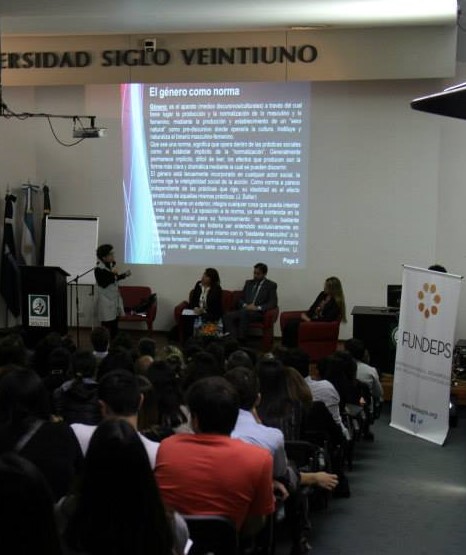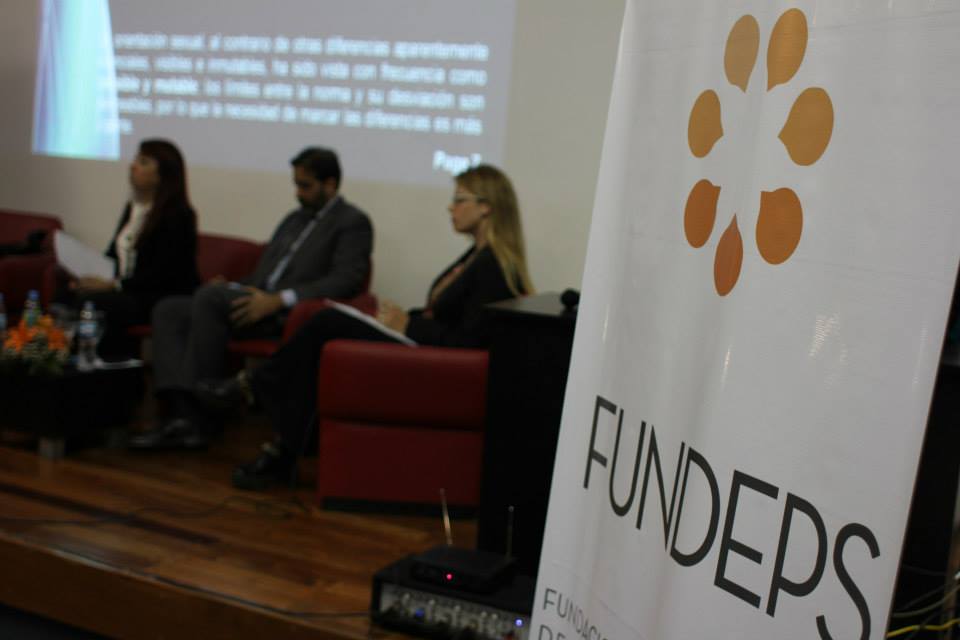The changes put in place by the bank suggest a deliberate weakening of the Mechanism, especially in terms of accessibility and independence, aspects that are crucial for creating an effective and efficient instrument.
The Independent Consultation and Investigation Mechanism (ICIM) is an independent mechanism within the institutional framework of the Inter-American Development Bank (IDB) which aims to respond to worries and complaints of individuals or communities affected by “some direct damage which is both unfavourable and substantial, as a consequence of the Bank’s posible breach of some of it’s operating policies in an operation financed by the institution”.[1] At the same time it is trying to improve social and environmental results of the bank’s operations through its actions. Hence, the importance of this instrument for the protection of the environment and human rights in countries where the bank operates: and the worrying outcome of the changes that they are trying to introduce, that imply a clear weakening of the Mechanism and a clear step backwards in the process of strengthening itself, which started in 2010.
In 2010 the ICIM rightly replaced the failed and inefficient Independent Investigation Mechanism (IIM), which represented a good bet for the Bank to strengthen and make the mechanism more efficient. However, in the year 2013, they started new revision, which resulted, through the first phase of public consultation, in the elaboration of a draft policy revised by the ICIM, which was published by the Bank recently. The document was submitted to a second phase of public consultation that was recently finalised, last September 15th, where the bank received the opinions and commentaries of civil society at the same time.
It is under this mark that a group of more than 20 civil society organisations from different countries [2] are sending a document of Commentaries to the Revised Draft Policy, expressing their concerns about the changes that the bank are putting in place. The document, in which FUNDEPS has had active involvement, underlines the huge setback that the Bank’s proposal suggests, above all in terms of Accessibility and Independence of the Mechanism, and has set out a series of criticisms and recommendations, which include:
- The revised policy not only represents a weakening and setback in relation to the mechanism which is still in place, but also in relation to the rest of the issuing mechanisms of existing accounts of institutions that are similar to the BID. Despite the majority of the mechanisms of said institutions have to facilitate and promote the access to its mechanisms: The BID is trying to do the opposite by establishing a mechanism that is barely accessible, barely independent, and even less reliable or effective;
- The Revised Draft Policy establishes dispositions that keep independence of the mechanism in check in addition to creating a lot of unnecessary obstacles that prevent access to it and makes the presentation of a request on behalf of those affected more complicated;
- Over the course of the Bank’s revision process, a series of irregularities and scams have been noticed, especially those concerning Public Consultation and the inclusion of comments on civil society, which puts the legitimacy of the process in doubt; consequently the bank has to establish a participative and inclusive implementation process for the new mechanism which allows us to soften said irregularities.
In turn, the document raises a wide and detailed series of commentaries and suggestions regarding the revised draft policy in terms of implementation; Accessibility, Independence; Effectiveness; Structure, mandate and process; Terminology and definitions. (See full document)
FUNDEPS has been actively participating in the revision process of the ICIM (see communiqué “Organisations of civil society call for the IDB to carry out a effective and participative public consultation process for the second revision phase of the ICIM”) trying to avoid the weakening of the Mechanism, which would clearly result in the slightest possibilities of an amendment for those affected by the projects financed by the banks. Accordingly, and in the mark of its participation in the month of October in the next Annual Meeting of the World Bank and the IMF in Washington DC, the global governability team from FUNDEPS will carry out meetings regarding the Executive Board of the Bank and the personnel from ICIM with the aim of expressing the strong concerns of civil society regarding the revision of the Mechanism and avoiding the weakening of the Mechanism.
More information:
– Summary of the Main Proposed Changes
– Policy of the Independent Consultation and Investigation Mechanism 2010 (actualmente en vigencia).
Attachments: Comments to the ICIM Revised Draft Policy -IDB_-English.pdf
Contact:
Gonzalo Roza – Coordinator of the global governability programme
gon.roza@fundeps.org
___________________________________________________________________________________________________________________________
[1] See section of the ICIM on the IDB Website: http://www.iadb.org/es/mici/inicio,7736.html [2] Accountability counsel of the USA-Environmental association and society of Colombia- Interamerican association for Environmental Defence (AIDA) in Mexico- Center for International Environmental Law (CIEL) in the USA – Commission for Justice and Peace in Colombia – United communities macroproject El Dorado Airport Colombia – AC Cooperative of Foundations in Mexico – Environmental right and natural resources (DAR) IN Peru – Ecoa in Brazil – EarthRights international in the USA- Foundation for the Environment and Natural resources (FARN) in Argentina – Public prosecutor for the environment (FIMA) in Chile – Citizen’s participation forum for justice and human rights (FOCO) in Argentina – Fundar, Analysis and investigation centre, AC in Mexico- Foundation for the development of sustainable policies (FUNDEPS) in Argentina- Human Rights Clinic at the University of Texas at Austin, School of Law in the USA- Human Rights Council in Ethiopia- Jamaa Resource initiatives in Kenya- Natural Justice in South Africa- Project on Organizing, Development, Education, and Research (PODER) in the USA – Social justice connection in Canada- centre for research on Multinational Organisations (SOMO) in Holland- Yansa foundation in the USA
Translation by: Luke Sidaway



